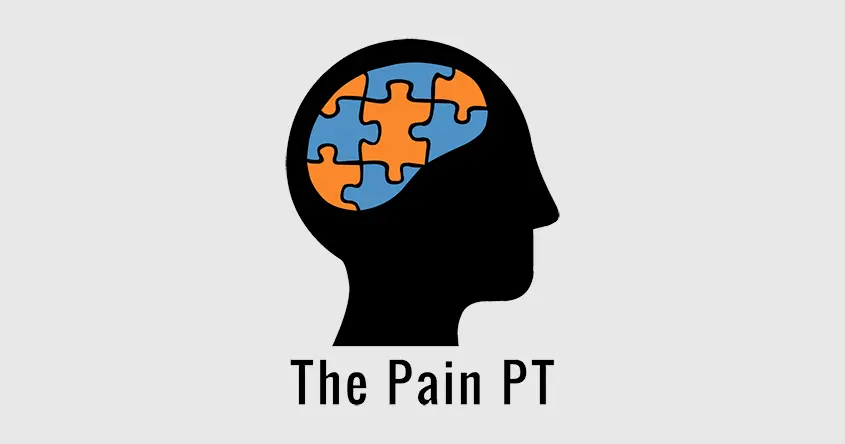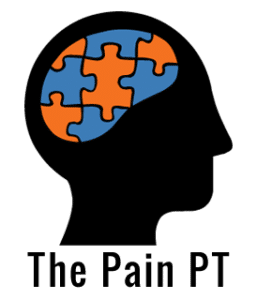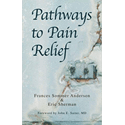Study: “Beliefs about the unacceptability of emotions and emotional suppression relate to worse outcomes in fibromyalgia”

This 2017 study looked at the relationship between beliefs about emotions, emotional suppression, and the global impact it has on fibromyalgia patients. Fibromyalgia is one of the conditions that has its roots from the brain and nervous system. I would imagine based on my personal observation, other brain and nervous system conditions would likely present with similar findings here. In the introduction, the researchers state: “More recently, there is a focus on emotional suppression in psychological therapy for people with persistent physical symptoms.” They hypothesize that: “the relation between beliefs about the unacceptability of emotions and outcomes is that suppression of emotion may result in a reduction in social support. That is, if one is unwilling or unable to express their unpleasant emotions to their support network, that network will be unable to offer support.”
In looking at 182 participants the researchers found: “Emotional suppression and affective distress mediated the relationship between beliefs about emotions and global impact in fibromyalgia. That is, an indirect effect was found that is mediated first by emotional suppression and then affective distress. This theory suggests that beliefs about emotions might relate to greater impact of the disorder firstly through an increase in emotional suppression, which in turn would relate to greater affective distress. This increase in affective distress may then be associated with increased global impact” of fibromylagia on the patient.
So if one believes certain emotions are bad or dangerous, or unacceptable to be expressed, then one would likely hold in his or her emotions (suppression), leading to greater emotional intensity. This increased emotional intensity then affects the person with fibromyalgia negatively.
The researchers go on to say: “This evidence compliments previous evidence showing emotional expression interventions to be beneficial to patients with fibromyalgia. This suggests that interventions focusing on beliefs and behaviours around emotions may be helpful for people with fibromyalgia. The findings are consistent with the proposal that a mechanism of changes in outcomes around fibromyalgia may relate, at least to some extent, to changes in beliefs and behaviours around emotions.”
I agree with these outcomes as we need to first change one’s beliefs around negative emotions. Once one can understand that all emotions are ok, it is then learning to allow, feel, and express one’s emotions. This can be beneficial to someone suffering from not only fibromyalgia, but from any brain and nervous system condition. In essence, working with beliefs about emotions and emotions themselves are a significant piece of the puzzle in helping people heal from chronic somatic symptoms.






